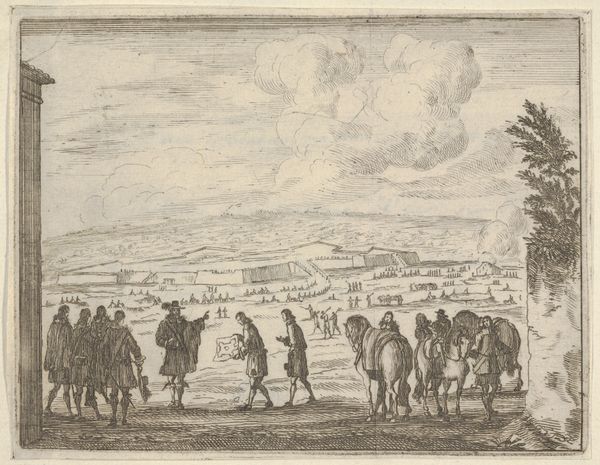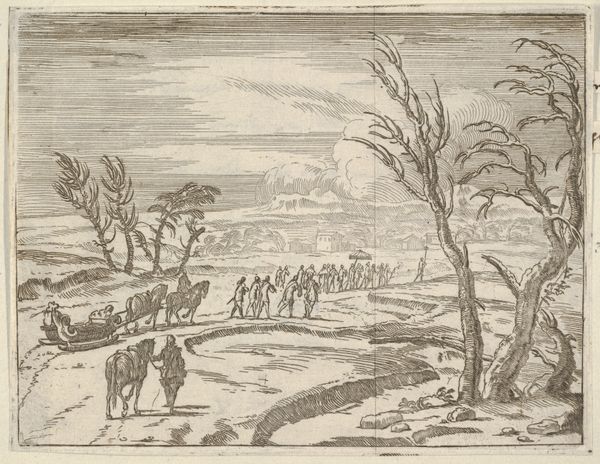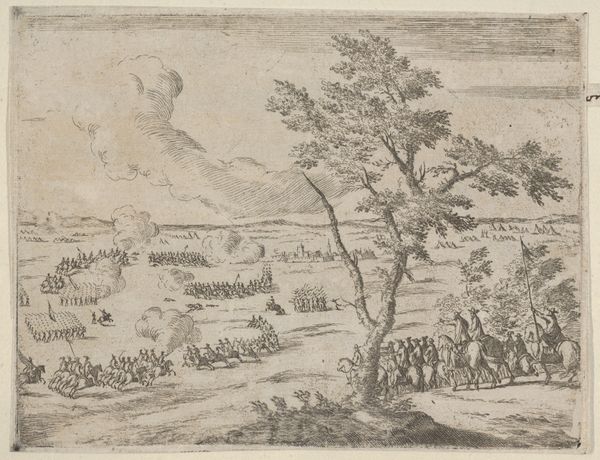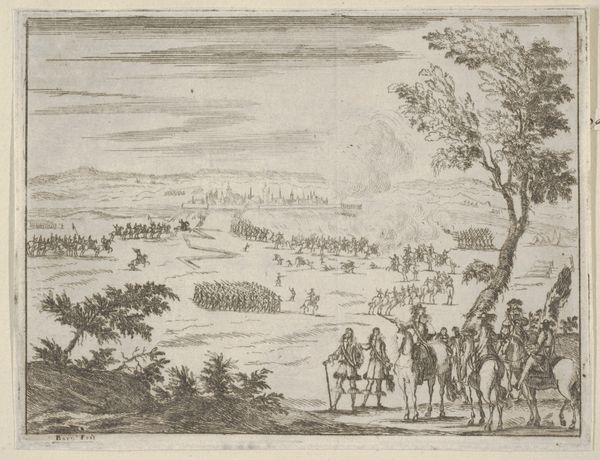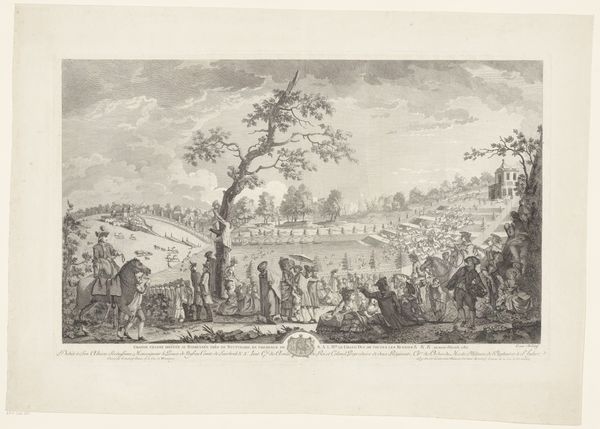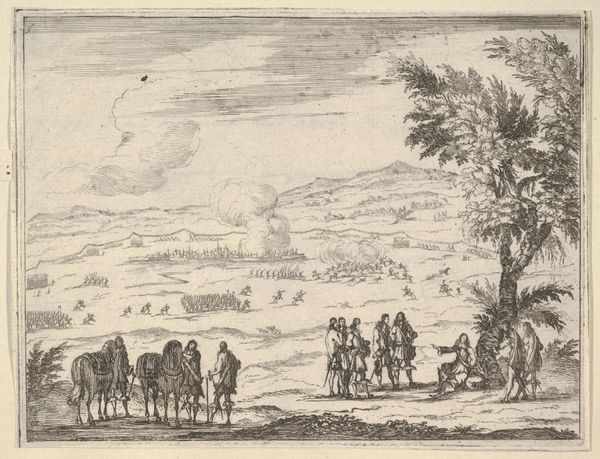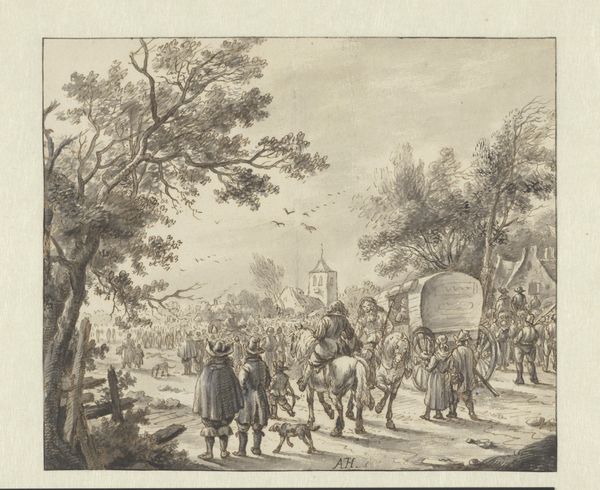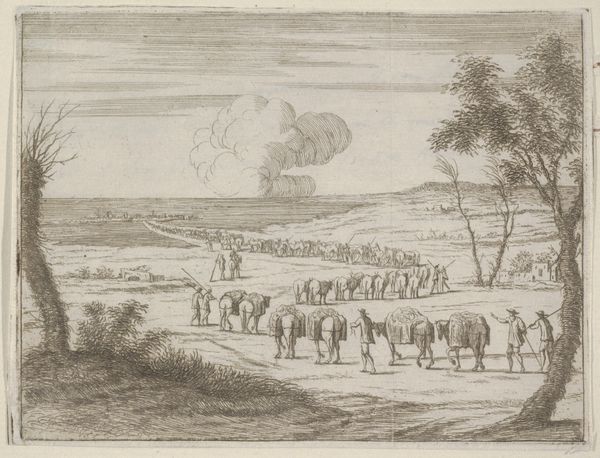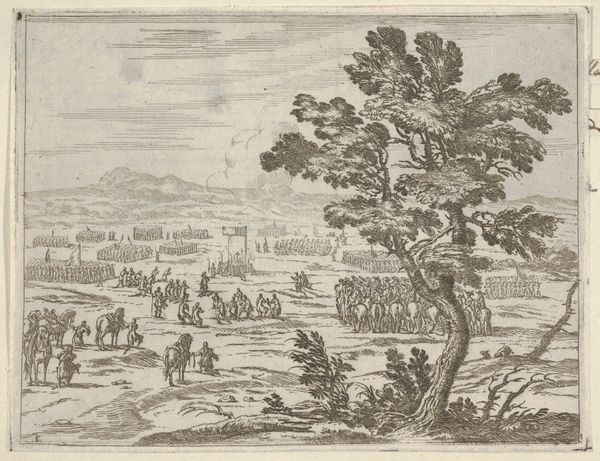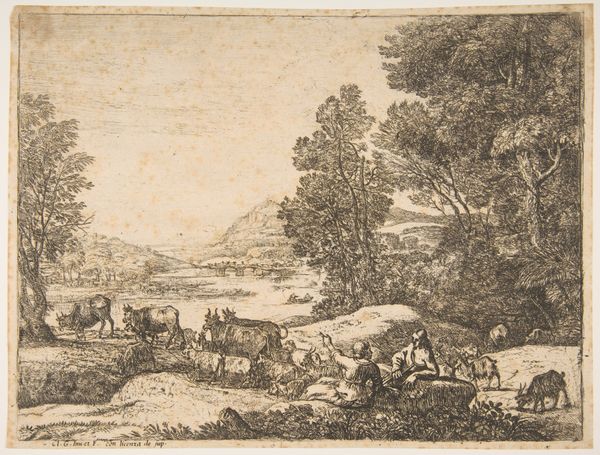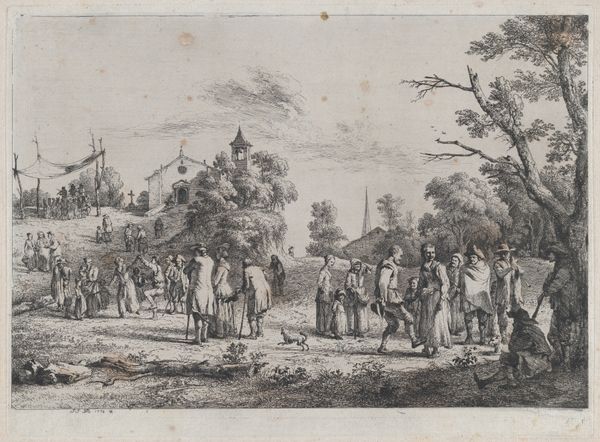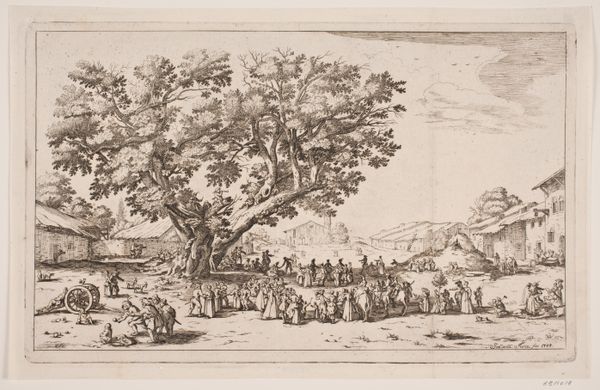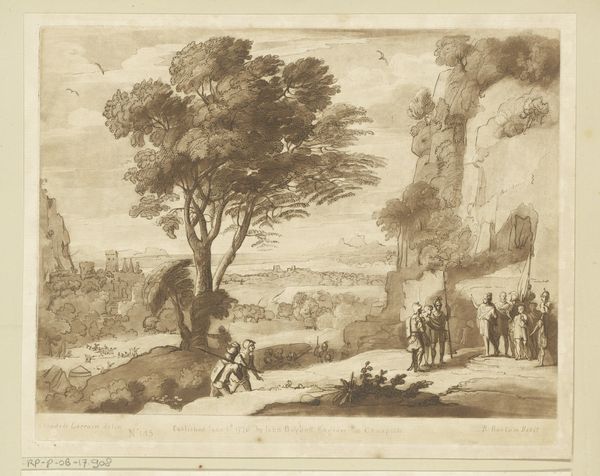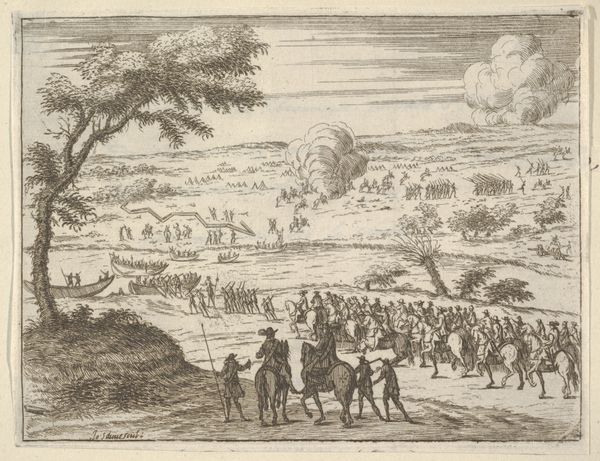![Thankful for Having Survived, Francesco I d'Este Finds Refuge in the Shade of a Tree, as Anone is Overtaken with Heavy Musket Fire and the Example of His Own Survival, from L'Idea di un Principe ed Eroe Cristiano in Francesco I d'Este, di Modena e Reggio Duca VIII [...] by Bartolomeo Fenice (Fénis)](/_next/image?url=https%3A%2F%2Fd2w8kbdekdi1gv.cloudfront.net%2FeyJidWNrZXQiOiAiYXJ0ZXJhLWltYWdlcy1idWNrZXQiLCAia2V5IjogImFydHdvcmtzLzdiNjBmMmFiLWVjNmUtNGNkYy05OGQwLTE2ZTM4MDlmZTg2MC83YjYwZjJhYi1lYzZlLTRjZGMtOThkMC0xNmUzODA5ZmU4NjBfZnVsbC5qcGciLCAiZWRpdHMiOiB7InJlc2l6ZSI6IHsid2lkdGgiOiAxOTIwLCAiaGVpZ2h0IjogMTkyMCwgImZpdCI6ICJpbnNpZGUifX19&w=3840&q=75)
Thankful for Having Survived, Francesco I d'Este Finds Refuge in the Shade of a Tree, as Anone is Overtaken with Heavy Musket Fire and the Example of His Own Survival, from L'Idea di un Principe ed Eroe Cristiano in Francesco I d'Este, di Modena e Reggio Duca VIII [...] 1659
0:00
0:00
drawing, print, engraving
#
drawing
#
baroque
# print
#
landscape
#
figuration
#
horse
#
men
#
line
#
pen work
#
history-painting
#
engraving
Dimensions: Sheet: 4 15/16 × 6 5/16 in. (12.5 × 16 cm) Plate: 4 13/16 × 6 1/8 in. (12.2 × 15.5 cm)
Copyright: Public Domain
Bartolomeo Fenice made this print, using etching, as an illustration to a book celebrating the life of Francesco I d’Este. Prints like this one played a vital role in image circulation across Europe. They were a means to create and distribute propaganda and shape the reputations of political figures. Francesco, Duke of Modena and Reggio, is shown here safe beneath a tree, while his troops are very much not safe. The battle rages on in the background as he appears in the foreground, removed from the danger. What story does this tell about the Duke? Perhaps it illustrates the idea of a heroic leader who is also divinely protected. In seventeenth-century Europe, this kind of imagery was a form of political currency. Careful study of the paraphernalia and history of the Italian court, and the context of the wars with the Duchy of Parma, would enrich our understanding of its public meaning at the time. The historian decodes images like this, to discover their place in a wider network of power and communication.
Comments
No comments
Be the first to comment and join the conversation on the ultimate creative platform.
